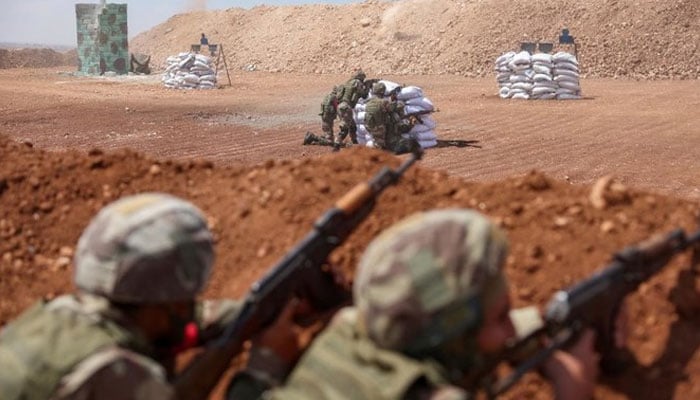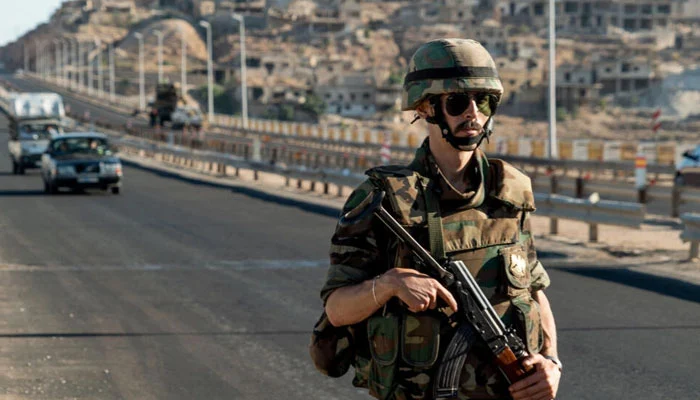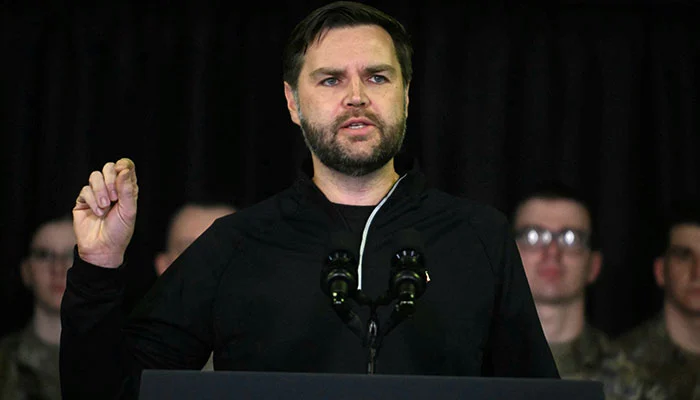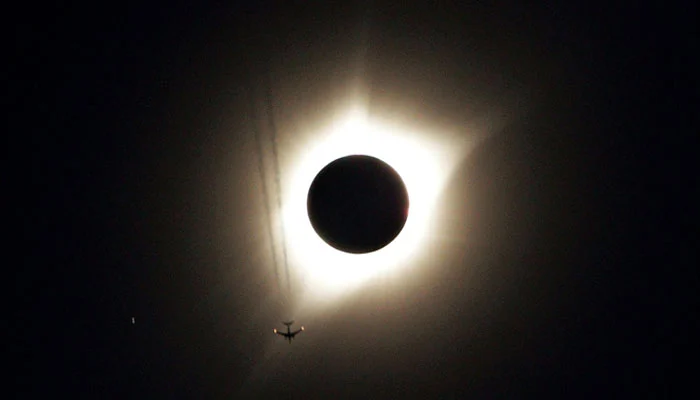Over 100 people were killed Thursday in a lethal drone attack on a Syrian military college, according to a war monitor, with state media attributing the drone hit in government-held Homs to “terrorist organisations.”
Separately, after Ankara vowed revenge for a bomb assault, Turkish airstrikes in the northeast of the nation, which is controlled by Kurdish forces, claimed the lives of at least 11 people.
In the central city of Homs, “armed terrorist organisations” targeted “the graduation ceremony for officers of the military academy”, an army statement carried by the official news agency SANA said.
The Syrian Observatory for Human Rights, a Britain-based monitor, reported “112 dead including 21 civilians, 11 of them women and girls” while at least 120 people were wounded.
On the contrary, Health Minister Hassan al-Ghobash told Syrian television the “preliminary” toll was 80 dead “including six women and six children” and around 240 wounded.
However, despite the government’s blames on terrorist organisation, there was no immediate claim of responsibility.
The attack was carried out with “explosive-laden drones”, according to the military statement, vowing to “respond with full force”. The government declared three days of mourning starting Friday.
Residents in the rebel-held Idlib region reported heavy bombardment by government forces in apparent retaliation, resulting in eight deaths and 30 injuries.
The region is controlled by Hayat Tahrir al-Sham, a jihadist group led by Al-Qaeda’s former Syria branch, which has previously used drones to attack government-held areas.
Geir Pedersen, the UN special envoy for Syria, said in a statement: “Today’s horrific scenes are a reminder of the need to immediately de-escalate violence, towards a nationwide ceasefire and a cooperative approach to countering Security Council-listed terrorist groups.”
Turkish drone downed
Meanwhile, Turkey’s defence ministry said in a statement Thursday evening that Ankara forces had carried out air strikes in northern Syria, destroying 30 targets, including “shelters, depots and storage sites”.
The Kurds’ internal security forces said Turkey had carried out 21 strikes in the area, killing “11 people, including five civilians and six” security personnel.
Pentagon spokesman Pat Ryder told reporters that US F-16 warplanes over Syria had shot down a Turkish drone on Thursday, deeming it “a potential threat” after it approached “less than a half kilometre from US forces” near Hasakeh.
Turkey has carried out repeated strikes on targets in Syria’s Kurdish-held northeast, AFP reported.

On Wednesday, Ankara urged increased cross-border air raids following the discovery that militants who attacked the Turkish capital were from Syria, following a battle led by the US-backed Syrian Democratic Forces that dislodged Daesh fighters from their last territory in 2019.
Turkey views the Kurdish People’s Protection Units (YPG) in the Syrian Democratic Forces (SDF) as an offshoot of the Kurdistan Workers’ Party (PKK), which is listed as a terror group by Ankara and its Western allies. Turkey has launched strikes on PKK positions in northern Iraq since Sunday’s attack.
‘Escalation’
Farhad Shami, spokesman for the SDF, the Kurds’ de facto army, said the strikes had targeted military and civilian sites.
“There has been a clear escalation since the Turkish threats,” he said.
In the market of the city of Qamishli in Hasakeh province, vendors voiced concern.
“The situation is worsening every day. Turkey doesn’t let us breathe,” said Hassan al-Ahmad, a 35-year-old fabric merchant.
SDF commander Mazloum Abdi denied Wednesday that the Ankara assailants had “passed through our region”.
“Turkey is looking for pretexts to legitimise its ongoing attacks on our region,” he said.
The Kurdish administration urged “the international community” to “take a stand capable of dissuading” Turkey from its attacks. The US, Russia and Turkey all have troops in the country.
Between 2016 and 2019, Turkey carried out three major operations in northern Syria against Kurdish forces.
The conflict in Syria has killed more than half a million people since it began in 2011 with a brutal crackdown on anti-government protests, spiralling into a devastating war involving foreign armies, militias and jihadists.




